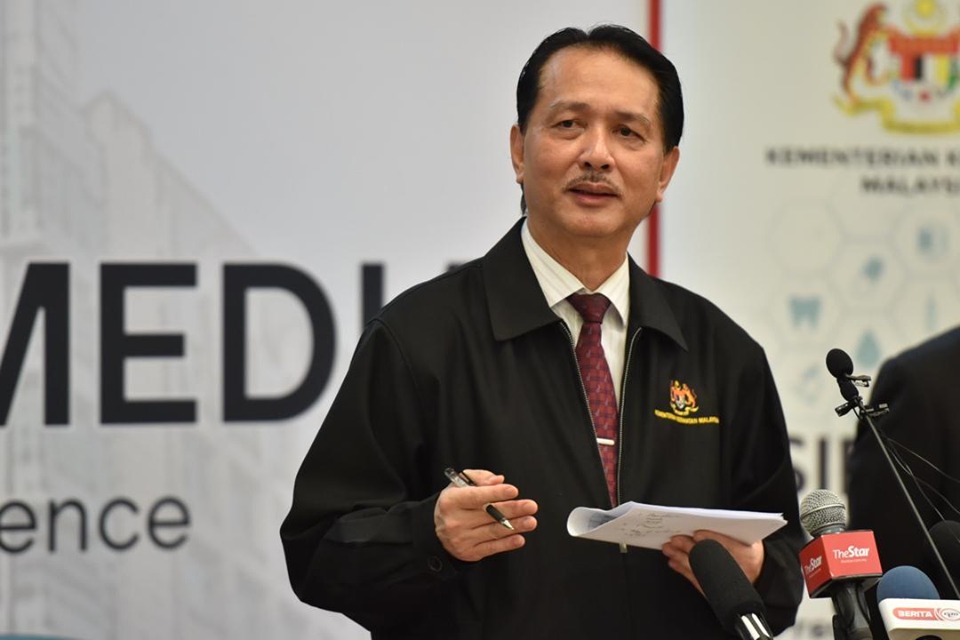KUALA LUMPUR, June 25 — Health director-general Dr Noor Hisham Abdullah today denied a group’s claim that he had been slow in approving Covid-19 vaccines that led to a subsequent delay in procurement.
Lim Chee Han — co-founder of Agora Society Malaysia, a civic non-governmental organisation — told civil society earlier today that it was unfair for governments to bear liability for any severe vaccine side effects instead of vaccine developers that request non-indemnity clauses in agreements.
“That’s why our DG of Health was hesitant and probably slow in reacting to signing all these agreements because they are unsure about the safety,” Lim said at a public webinar titled “RTI ‘Teh Tarik Session’: Right to Information on Vaccination” that was organised by the Centre for Independent Journalism.
“A lot of people are hesitant to take vaccines because of their worry about the side effects and the safety. So I think these are greater issues to me.”
Dr Noor Hisham, who responded to Lim’s claim when contacted by CodeBlue, dismissed it as “fake news”.
“All submission dossiers to NPRA for evaluation,” said Dr Noor Hisham briefly, referring to submissions by pharmaceutical companies to the National Pharmaceutical Regulatory Agency (NPRA), the country’s pharmaceutical regulator, to register Covid-19 vaccines for use in Malaysia.
The Edge reported last month that the Malaysian government’s delays in signing Covid-19 vaccine procurement agreements pending Phase Three clinical trial data had caused slow vaccine deliveries to the country.
The business paper quoted Dr Noor Hisham’s remarks at a press conference last November about the need to review such data before committing to vaccine orders, in response to Pfizer reporting that its vaccine efficacy rate exceeded 90 per cent based on the first interim efficacy analysis conducted by an external committee of Phase Three trials.
The Edge pointed out that Malaysia only signed its first deal with Pfizer on November 27 for 12.8 million doses of the Pfizer-BioNTech coronavirus vaccine, compared to Japan that signed its first agreement with Pfizer in July. By end September, countries like the United States, the United Kingdom, Australia, Vietnam, India, and those in the European Union already had agreements with multiple Covid-19 vaccine manufacturers. The US and UK signed their first deals for the AstraZeneca-Oxford shot as early as May last year.
As Covid-19 deaths and hospitalisation rates mount in Malaysia during the fourth wave of the epidemic, several political leaders and lawmakers have accused the government of being slow in procuring vaccines.
Opposition Leader Anwar Ibrahim said last Sunday the government’s biggest failure was in providing adequate Covid-19 vaccine supplies, while DAP secretary-general Lim Guan Eng accused government leaders Wednesday of failing to procure vaccines early.
Vaccine Minister Khairy Jamaluddin has repeatedly accused developed countries of hoarding Covid-19 vaccines, telling the World Bank last Wednesday that COVAX, the United Nations-backed vaccine sharing programme, had been an “abysmal failure” in ensuring vaccine equity across the globe.








